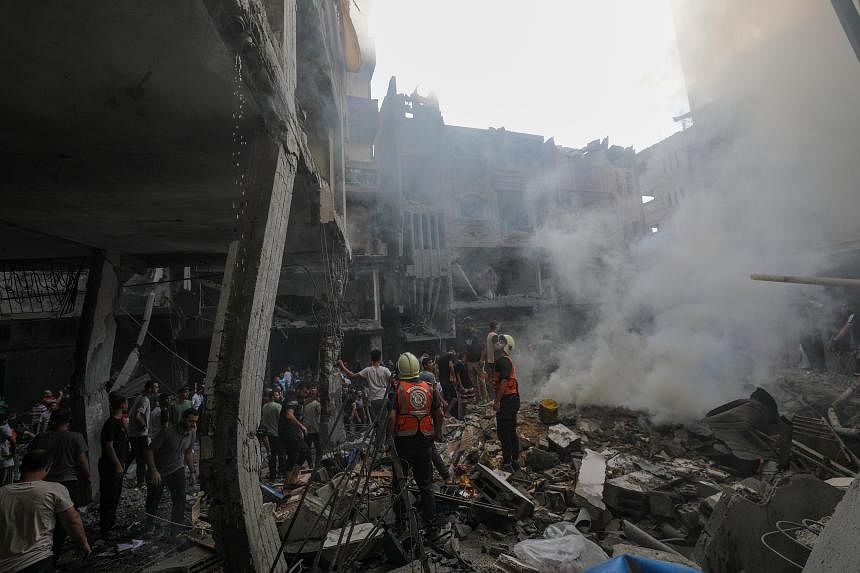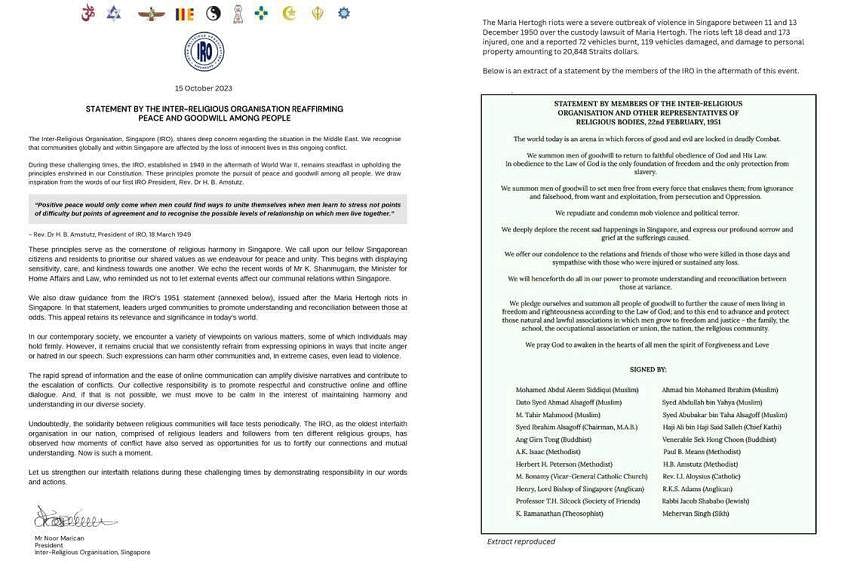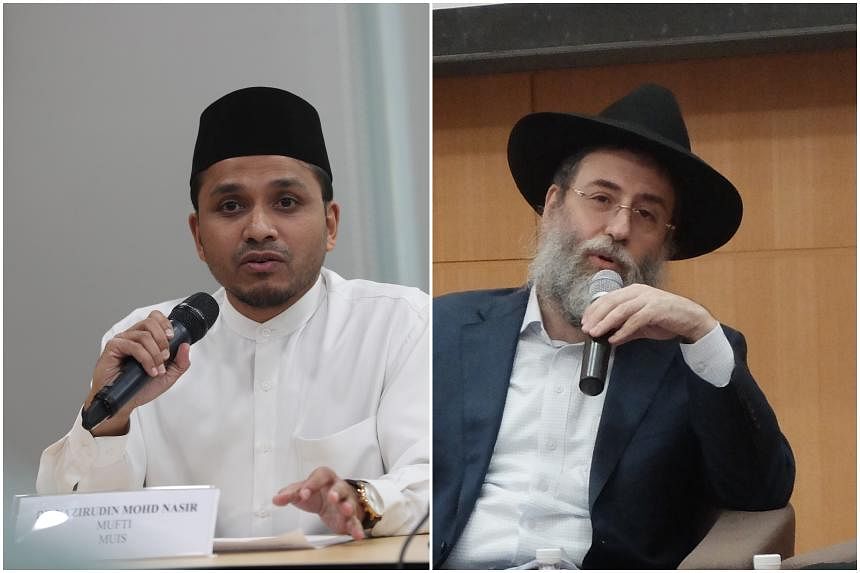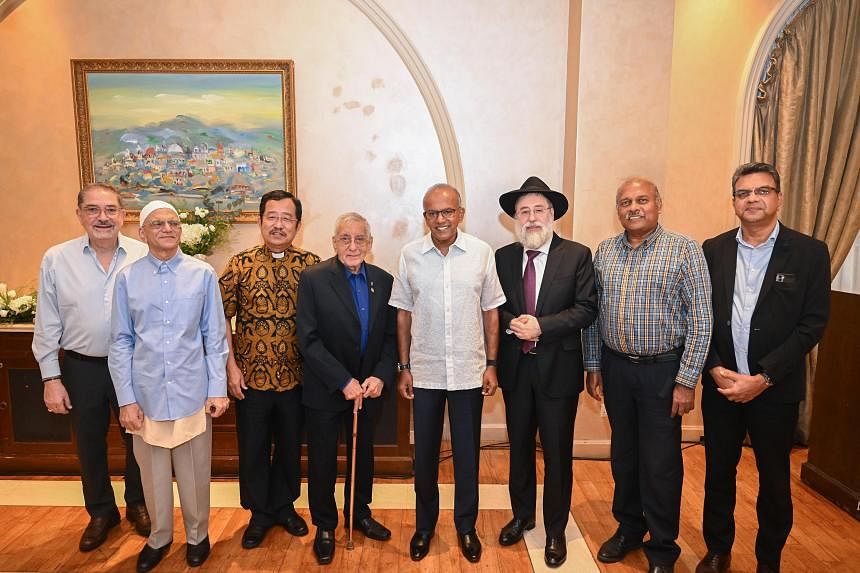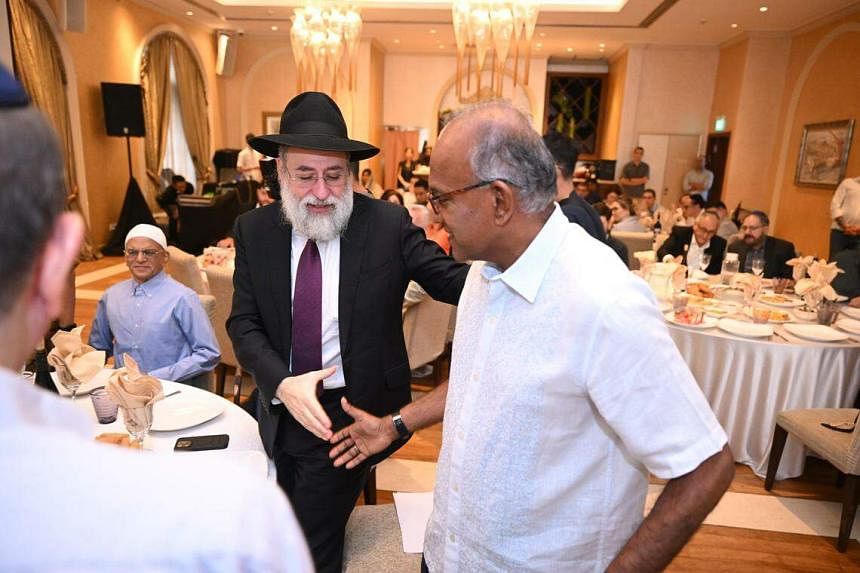New name for constituency inter-racial and inter-faith groups, with more activities and outreach
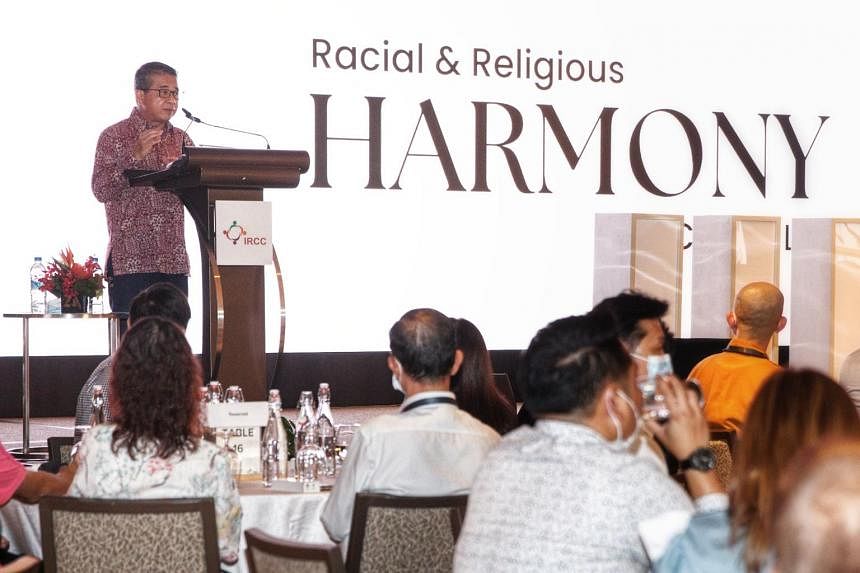
Minister for Culture, Community and Youth Edwin Tong speaking at the Inter-Racial and Religious Confidence Circles' 20th anniversary celebrations. ST PHOTO: FELINE LIM

Goh Yan Han
Political Correspondent
JUL 30, 2022
SINGAPORE - Constituency groups that build trust among people of different races and faiths will get a new name and soon step up their activities and outreach.
The Inter-Racial and Religious Confidence Circles (IRCCs), first set up in 2002, will become Racial and Religious Harmony Circles and deepen their work of building trust, understanding and confidence among the various communities in peacetime and in times of crisis.
This is part of upcoming plans decided by a workgroup to ensure IRCCs can better meet challenges such as evolving societal attitudes, fault lines and the impact of social media.
The workgroup was set up in March by the Ministry of Culture, Community and Youth. The 28 members, including IRCC leaders and those representing youth, women and community partners, met over six sessions that ended in July.
The changes, to be rolled out in the next two to three years, were announced by Minister for Culture, Community and Youth Edwin Tong at the IRCC's 20th anniversary celebrations at Parkroyal Collection Marina Bay on Saturday (July 30).
The workgroup's proposals include getting the Harmony Circles to have more regular and coordinated programmes, including flagship ones, to build trust and understanding and promote more interaction and collaboration between communities.
Singapore has 91 IRCCs across all constituencies, with more than 1,500 members who are all volunteers. The IRCCs organise over 250 activities each year.
The workgroup suggested that July be dedicated as racial and religious harmony month, with Harmony Circles organising community celebrations such as roadshows to engage more people.
Another recommendation is for the networks to be more representative across age, gender and organisation affiliation. Harmony Circle membership should be extended to local community partners such as schools, civic society and business groups, said the workgroup.
It also called for the circles to grow their own capabilities through more structured training.
In terms of outreach, the workgroup recommends adopting digital and physical channels for engagement, as well as revamping the current IRCC website.
IRCCs were first mooted by then Prime Minister Goh Chok Tong in 2002 as the world reeled from the impact of the 9/11 terrorist attacks in the United States in 2001.
Emeritus Senior Minister (ESM) Goh, who attended Saturday's event, said the founding fathers understood from day one that they did not want a society organised along racial and religious lines, which is why successive generations have worked hard to make racial and religious diversity a strength.
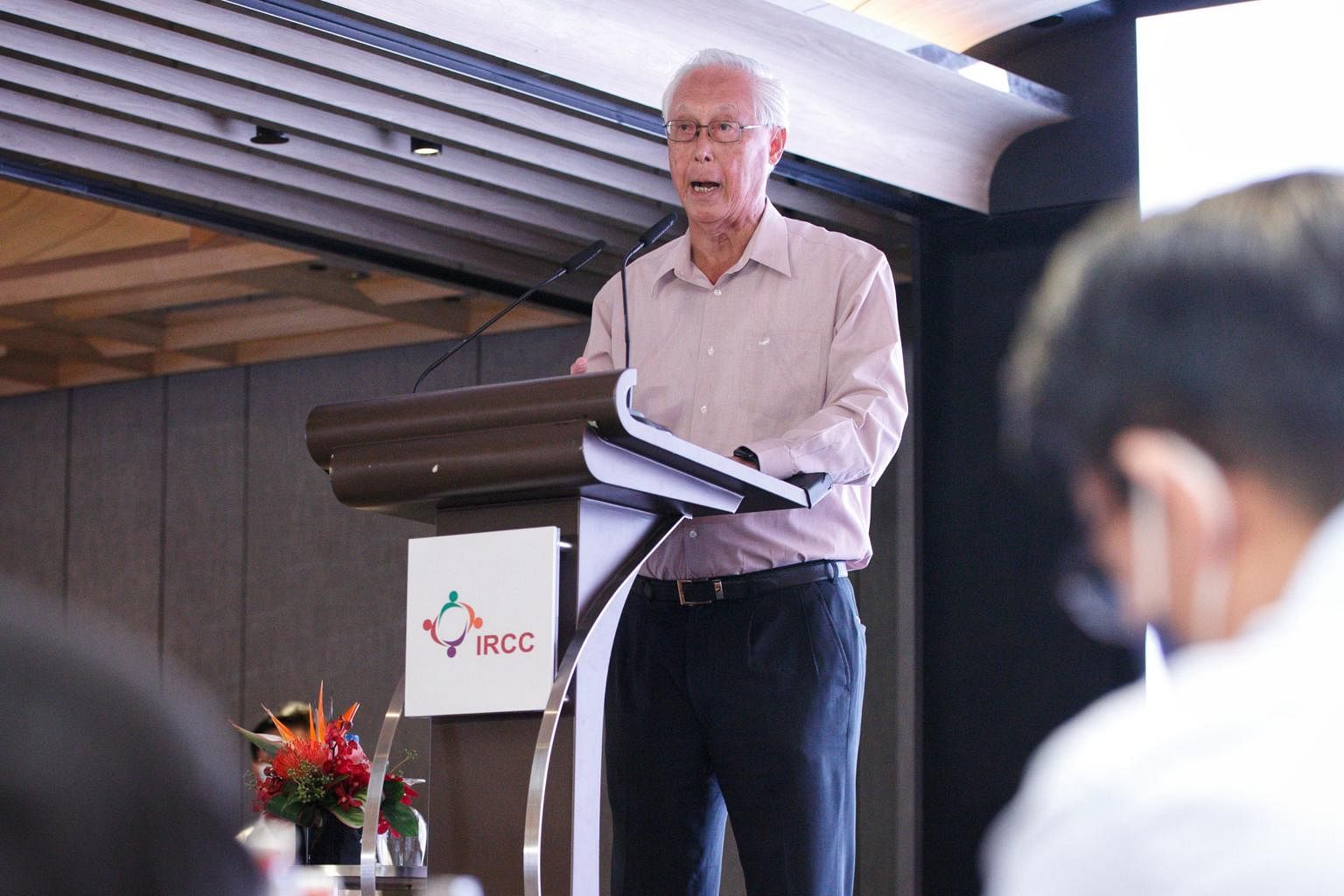
Emeritus Senior Minister Goh Chok Tong speaking at the IRCC's 20th anniversary celebrations at Parkroyal Collection Marina Bay on July 30, 2022. ST PHOTO: FELINE LIM
Going forward, to truly achieve harmony, Singapore must preserve and grow common spaces in society, guard against religious extremism and promote day-to-day interactions between different communities, said ESM Goh.
During Saturday's event, Mr Tong said the nation's unique brand of multiracialism and multiculturalism is a core part of the Singaporean identity.
"At the same time, we can't for a moment... be complacent. We can't presume that what we have is either perfect or that it will remain for some time," he added.
Mr Tong noted that Singapore did not simply set out to achieve harmony by ignoring or eliminating cultural diversity or by asking ethnic minority groups to adopt the language, norms and attitudes of the majority group.
"On the contrary, we have long recognised that we need to actively protect the position of the minorities, and that, fundamentally, is how we achieved our state of religious and racial harmony," he said.
Compared to other countries, Singaporeans today live in relative peace and stability as there are no tensions or violence arising from racial strife or discrimination because of race or religious beliefs, added Mr Tong.
"We do not have racial or religious enclaves in our residential estates that perhaps people from other races or religions might worry about stepping into."
But lessons from the region and the past show the need for deliberate policies and careful safeguards to ensure racial harmony, he added.
This is why the Maintenance of Religious Harmony Act is in place, while the Group Representation Constituency system requires at least one member from a minority racial community to be part of the team of candidates contesting in an election, he added.
Amid the Covid-19 pandemic, IRCCs continued to build capabilities such as in mediation and facilitation while working with partners to deepen inter-ethnic and inter-faith understanding, said Mr Tong.
"This refresh of our Harmony Circles is one of the many efforts to ensure that we continue to do our best to preserve the hard-won social, religious and racial harmony that we enjoy and a constant reminder that we don't take it for granted," he said.
Ms Seyed Nazhath Faheema, 37, vice-chair of Eunos IRCC, said she is looking forward to the capability trainings as she wants to further hone skills in mediation, crisis management and facilitation.
"There is a difference in a person trained or not trained in facilitation, who has the empathy skills to listen and tolerate views that they might not want to hear," said Ms Faheema, who also founded a youth-led social harmony advocacy group, hash.peace, in 2015.
Excited at seeing more youth taking on leadership roles, she said: "Young people need the chance to lead in certain real-life situations where they try to get people of not just different races and religions but also different opinions and worldviews to come together."
Last edited:


